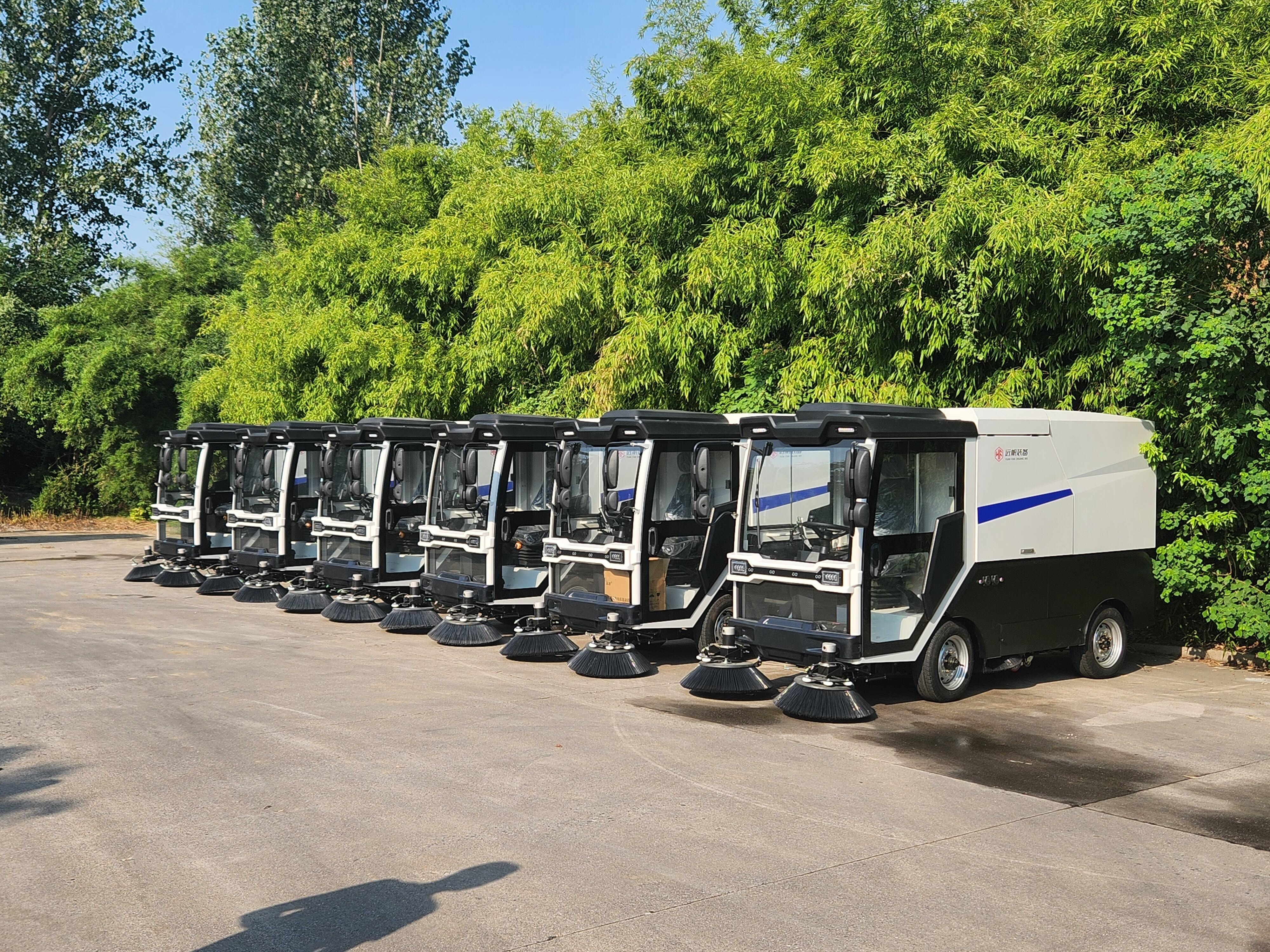Introduction
Road sweepers: Modern cities and pollution Road Sweepers are one of the key components of modern city infrastructure. All of these machines, however, have to conform to a complex set of environmental laws intended to ensure that their operation is as environmentally sensitive as possible. In this post, we will draft deeper tourist guideline of the legality around road sweeper usage and how they can work effectively and sustainability in your urban environment.
Emission Standards
Emission standards are one of the many environmental regulations that justify using a sweeper. In this respect, specific exhaust emission rates must be met in order to limit the emissions of sweeper vehicles. As an example, in most cities sweepers have to comply with the EU 6 standard which limits particulate matter and nitrogen oxides emissions significantly. These standards are critical to ensuring clean air, particularly in densely-populated urban locations.
Waste Management and Disposal
Another area of regulation is proper waste management — we believe that if planned correctly, the new regulations can prove positive. And this usually does mean transferring the waste to accredited sites for recycling, treatment or final disposal instead of landfilling them. As an example, The Environmental Agency in the UKhas set laws related toroast street sweepers to stop polluting ground water and earth.
Noise Pollution Regulations
Urban areas are noisy places, and so the sweepers working there fall under conditions that regulate noise emissions in the course of operation. Most cities limit the hours that trucks can run their sweepers in residential areas by noise ordinances. In addition, sweepers might have to use low noise equipment or other ways of minimizing the sound created by their activities in order not to be a nuisance to the general public.
The use of water and dust suppression
Another field regulated by laws is the one on using water for dust suppression during sweeping operations. Most of the time they must use either water recirculation systems to keep waste of water at a minimum. This saves water and helps prevent runoff that can carry pollutants to storm drains and waterways.
Security & Traffic Rules
Among other things, road safety laws affect the regulation of road sweepers. These provide guidelines for how sweepers can be run on public roads to protect both the operators and the larger community. Sweepers should be fit with safety features like flashing lights and signs to make it easier to see especially during night work. Speed limits and operational guidelines are also enforced, in order to reduce the possibility of accidents and to maintain the safe completion of sweeping tasks.
Developments in Technology and Regulation
New technologies, including the use of autonomous sweepers, are requiring such reviews. The more sophisticated sweepers on the other hand are capable to achieve faster operation with lower environment impact, providing new challenges for regulations. Tweaks to existing frameworks or novel regulations will be necessary to ensure the secure, conservative use of such technologies by governments and regulatory bodies.
Compliance and Enforcement
In conserving the environment, regulatory bodies continue to play an important part in making sure that elements abide by surroundings polices. Using regular safety checks and maintenance inspections, to ensure all sweepers are being run within legal confines and compliance with environmental standards.
Conclusion
Key to the operation of road sweepers is how and when they are used, and mandatory environmental regulations regulate their use in order to make sweeping a cleaner process whilst maximising its effectiveness. To make our urban life a bit cleaner, greener and safer several laws, technologies have been implemented right from emission standards to solid waste management. Both operators and manufacturers need to do their part by complying with these regulations so that the virtues of road sweeping are felt without deteriorating the health of our planet.
 EN
EN
 AR
AR
 FR
FR
 HI
HI
 JA
JA
 KO
KO
 PT
PT
 RU
RU
 ES
ES
 IW
IW
 VI
VI
 TH
TH
 MS
MS

